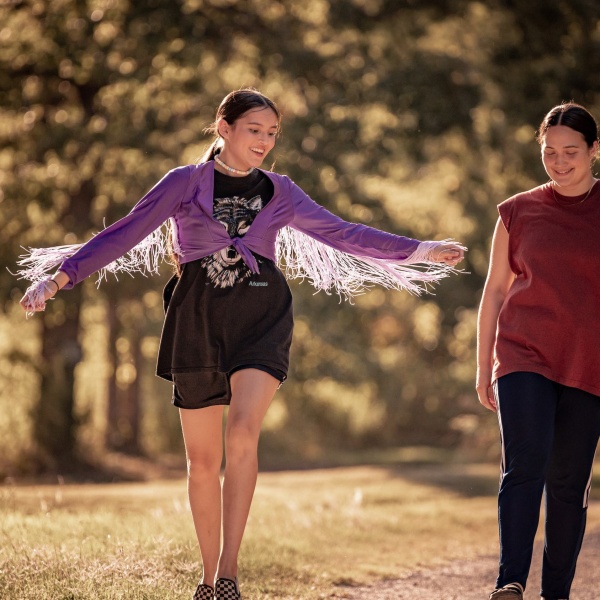Nitza Wilon and Elizabeth Kaiden are the founders of The Writers Lab, a screenplay development program for women over 40.
Where are the stories by and about women of experience, GenX women, women over 40 — your mothers, wives, sisters, daughters, exes, employees, employers? Women who disproportionately control household spending and shape the entertainment access of younger audiences. Women who continue to be systematically shut out of the conversation, silenced at our collective water cooler: film and TV.
At the Oscars on Sunday night, the winners were once again predominantly men of all ages, followed by women in their twenties and thirties. Despite a growing focus on diversity, positive outcomes of the #MeToo movement for women, a handful of glamorous, touted roles, and the billion-dollar box office haul of “Barbie,” the wonderful women of “Barbie” were, predictably, all but eclipsed by the men of “Barbie.”
In fact, too many of this year’s women characters were shaped by the gaze of male auteurs, including “Poor Things,” “Killers of the Flower Moon,” “Oppenheimer,” and “The Zone of Interest.” One high point: the powerful, three-dimensional women of “Anatomy of a Fall,” “Past Lives,” “Nyad,” and, of course, “Barbie.”
But the numbers beyond those few are abysmal: Women over 40 are a quarter of the global population, but female characters over 40 in film actually dropped from 20 percent in 2015 to 14 percent in 2022, according to the San Diego State University Center for the Study of Women in Film & Television. In 2023, only three movies featured a woman 45 years of age or older in a leading role, as opposed to 32 films depicting a man in the same age bracket.
Why does it matter? Because the portrayal of women on screen shapes how all people see us (and, for half the world’s population, see themselves), and will define which way the economy, the environment — and, yes, even the election — might go.
Eighty percent of all purchase decisions are made by women — for herself and her family — entertainment, toys (and college) for her kids, travel, healthcare, basic necessities, and indulgences. We call the shots on household viewing choices. Outside of Hollywood, adult women work, spend, and make decisions. But we still remain largely in the background. From that vantage, we see but are not seen.
Now, the film and TV industry is uniquely equipped to disseminate portrayals of all that we do, all that we are. But they haven’t, don’t, and won’t, despite a potential upward spike to their bottom line.
Male gatekeepers are victims of their own dangerously outmoded messaging: You’re never too old to be a hero and get the girl. Never too old to sip your martini and hop out of a plane, mow down scores juggling a disturbingly large gun, make and lose billions, save a helpless (naturally) wife/daughter/lover.
The low number of women characters on screens is the direct result of the low number of women behind the camera, and in leadership roles in general.
The SDCU study also found that in films with exclusively male directors and/or writers, females accounted for only 19 percent of protagonists. In films with at least one woman director and/or writer, that number jumps to 57 percent of protagonists.
And, films written by women over 40, who are in their professional prime (with the life experience, professional expertise, work ethos and skills to produce high caliber projects), are simply not being produced. In 2022, only 12.6 percent of projects were written by women over 40.
What will it take for us to address the outdated forces that are shaping this world we inhabit, and shatter the inertia that’s keeping us locked in this imploding men’s world?
We no longer have time for the tech war, the land war, the heroic war. We don’t have time to debate Biden vs. Trump. We need leaders who understand communication, collaboration, hard work, and address the truly universal experience of being human. Yes, Biden name-checked women in his State of the Union. As well he should: According to Rutgers’ Center for American Women and Politics, women in almost every age bracket vote more than men — proportionately and in real numbers.
Women over 40 — with all their latent power — can change minds and turn tides. That means we can win the election for you. Or, at long last, take it from you. After all, the more we see ourselves reflected in the media, inhabiting powerful roles, the more we will stand up and own what is already ours in the real world.






